It’s the week we’ve been waiting for for a long, long, time – it’s Rally New Zealand week!
For a decade, this beautiful country has been starved of World Rally Championship action but that all changes in 2022 as Kalle Rovanperä and co. roll into town.
In fact, the rally itself hasn’t run since 2018 as various concerns – including of course the dreaded coronavirus – have complicated matters. But this year it’s back, and we couldn’t be more delighted… or jealous of our colleagues David Evans and Colin Clark who are currently flying around the world to cover the rally on the ground.
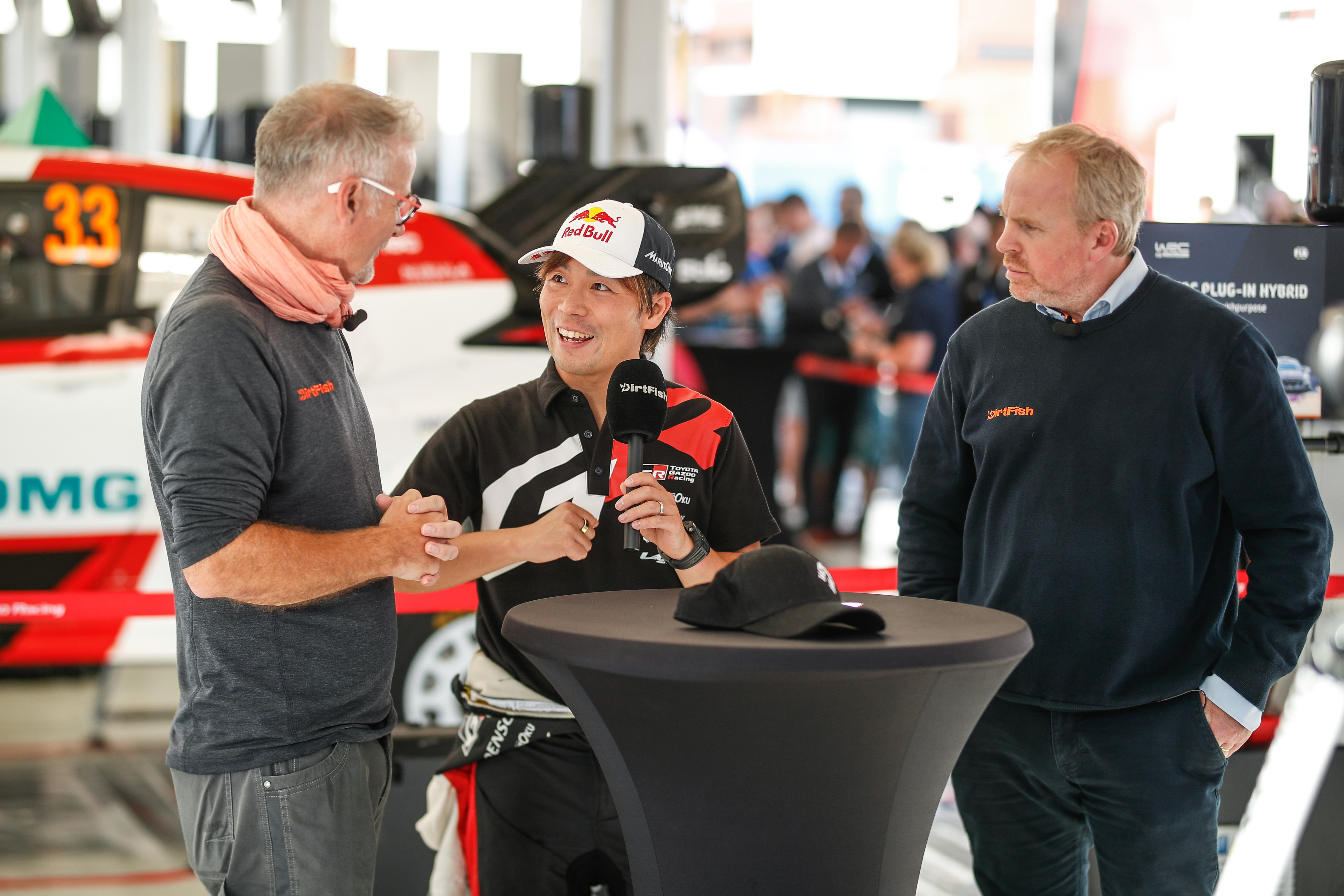
DirtFish is the only place you want to be this week. Whether you’re in Europe and are brave enough to completely adjust your body clock to watch the event blow-by-blow, or are looking to digest the rally in bitesize chunks, we’ve got you covered.
But we won’t just be ramping up the hype for this year’s event, we’re also going to be diving deep into the rally’s illustrious past – starting right here with some moments in Rally New Zealand history you may have forgotten.
Plenty of the classic moments, battles and memories will be coming your way over the next few days, so make sure you don’t miss them! But first, here’s a sift through the more obscure pages of Rally New Zealand history.
M-Sport’s first manufacturers’ title
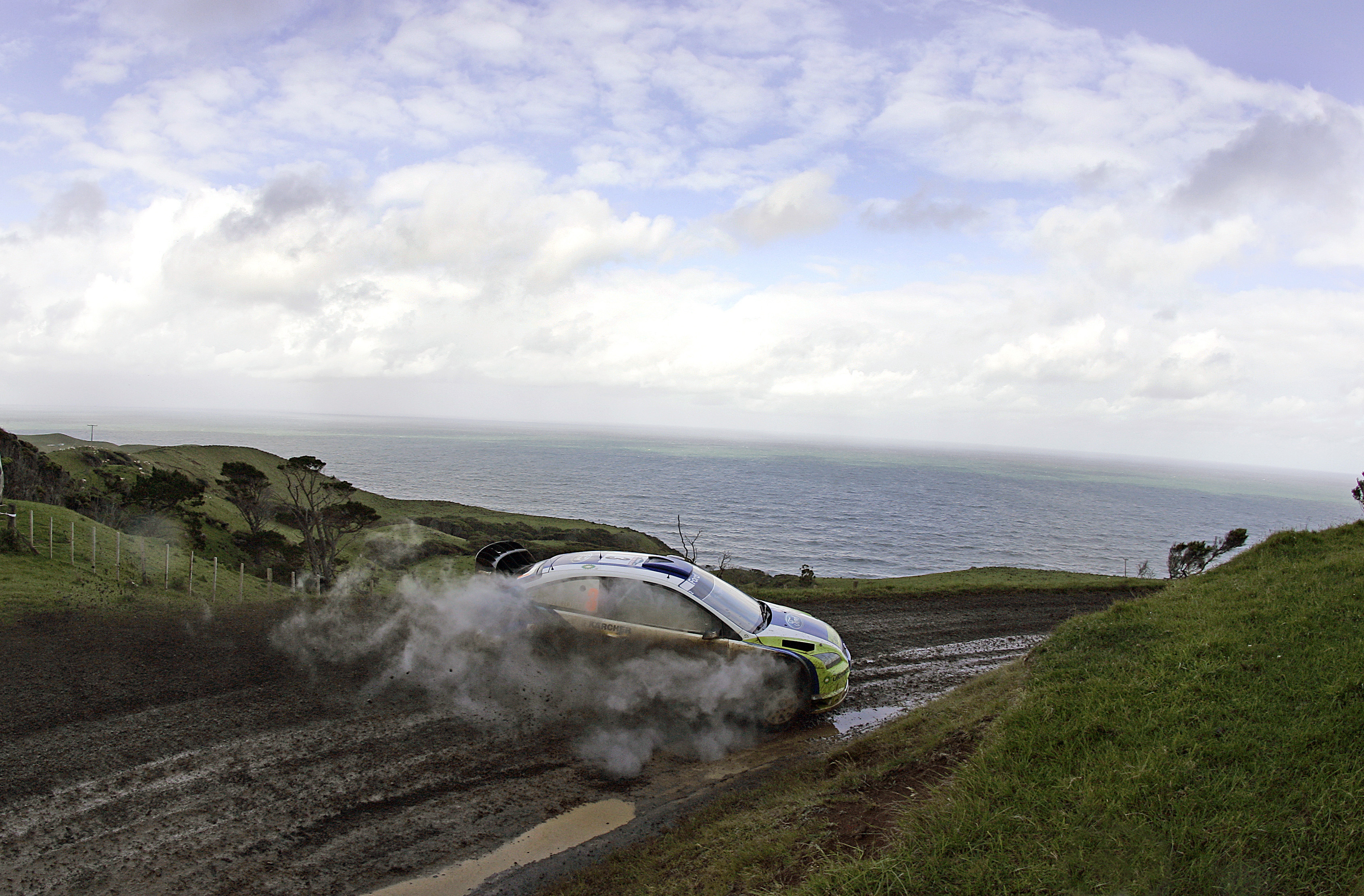
Three weeks earlier, Marcus Grönholm had squandered his surprise chance at ripping the drivers’ title away from the injured Sébastien Loeb. But his Ford team would have success to toast in 2006 as it claimed just its second ever manufacturers’ title, and first under M-Sport’s guidance.
Ford won the very first manufacturers’ title in the WRC, all the way back in 1979, but the Mk2 Escort soon became outgunned by the four-wheel-drive machines of Audi and then Peugeot.
M-Sport took on the Ford contract in 1996 and achieved great success with the Focus WRC, but it wasn’t until the updated version for 2006 – with new signings Grönholm and Mikko Hirvonen – that it had a team capable of winning the ultimate prize.
New Zealand was that crowning moment. In the continued absence of Loeb the rally itself was dominated by Grönholm who led from start to finish. With team-mate Hirvonen tucked in behind, the celebrations were crazy in the Ford camp.
Vatanen’s most Vatanen-esque rally
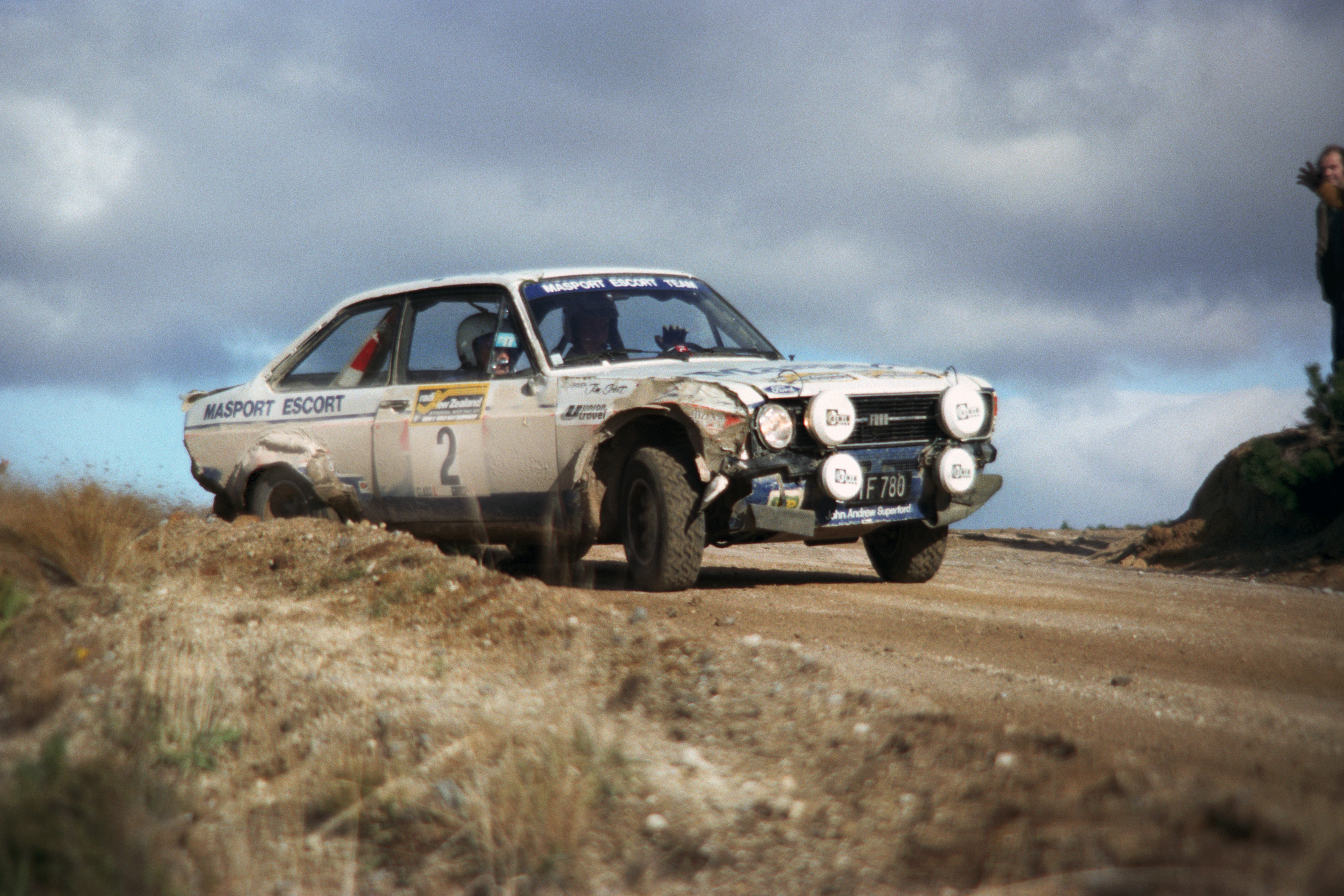
Ari Vatanen was famed for two things throughout his WRC career: tremendous speed, and crashes. Rally New Zealand in 1977 was perhaps the ultimate example of both of these traits.
Back when the WRC was only a competition for manufacturers, the race between Fiat with its 131 Abarth and Ford with the Escort Mk2 was hotting up. Level-pegging in the championship, the trip to the other side of the world was a big one.
Fiat’s presence was sublime: factory cars for Fulvio Bacchelli, Markku Alén and Simo Lampinen. Ford meanwhile just had one contender – Vatanen.
Vatanen was quite clearly the quickest, but a total of four crashes throughout the grueling 1370-mile, seven-day rally cost him victory to Bacchelli. Vatenen dropped half an hour with his crashes but lost the rally by just 1m30s, though Bacchelli was nursing a very sick engine that was very close to expiring.
Burns loses his world title

Richard Burns’ title chances were hanging by a thread when he headed to New Zealand in 2002; the same event he had won a year before to propel himself into contention.
Team-mate Grönholm was in the box seat, but Burns attacked the stages on the opening day as if there was no tomorrow. Fastest on all four of the first four stages, Burns’ 206 WRC led team-mate Harri Rovanperä by 18.3s overnight with the other Peugeot of Grönholm 37.8s behind Burns.
And Burns kept up the intensity. While Grönholm climbed up to second Burns has extended his lead to 44.3s after SS14 of 16. Victory, surely, would be his.
The Paparoa Station stage had other ideas. Running wide through a fast right-left kink just a quarter of a mile from the end of the stage, Burns ran wide and kissed a bank on the outside of the right and the inside of the left. At such speed, Burns was immediately tipped into a massive corkscrew and out of the rally.
Coast clear, Grönholm was free to claim the rally win and the championship two rounds early. That was the last time a Finn won the WRC, but yet a Finn has the chance to repeat that exact same feat this weekend…
Latvala speeding in service
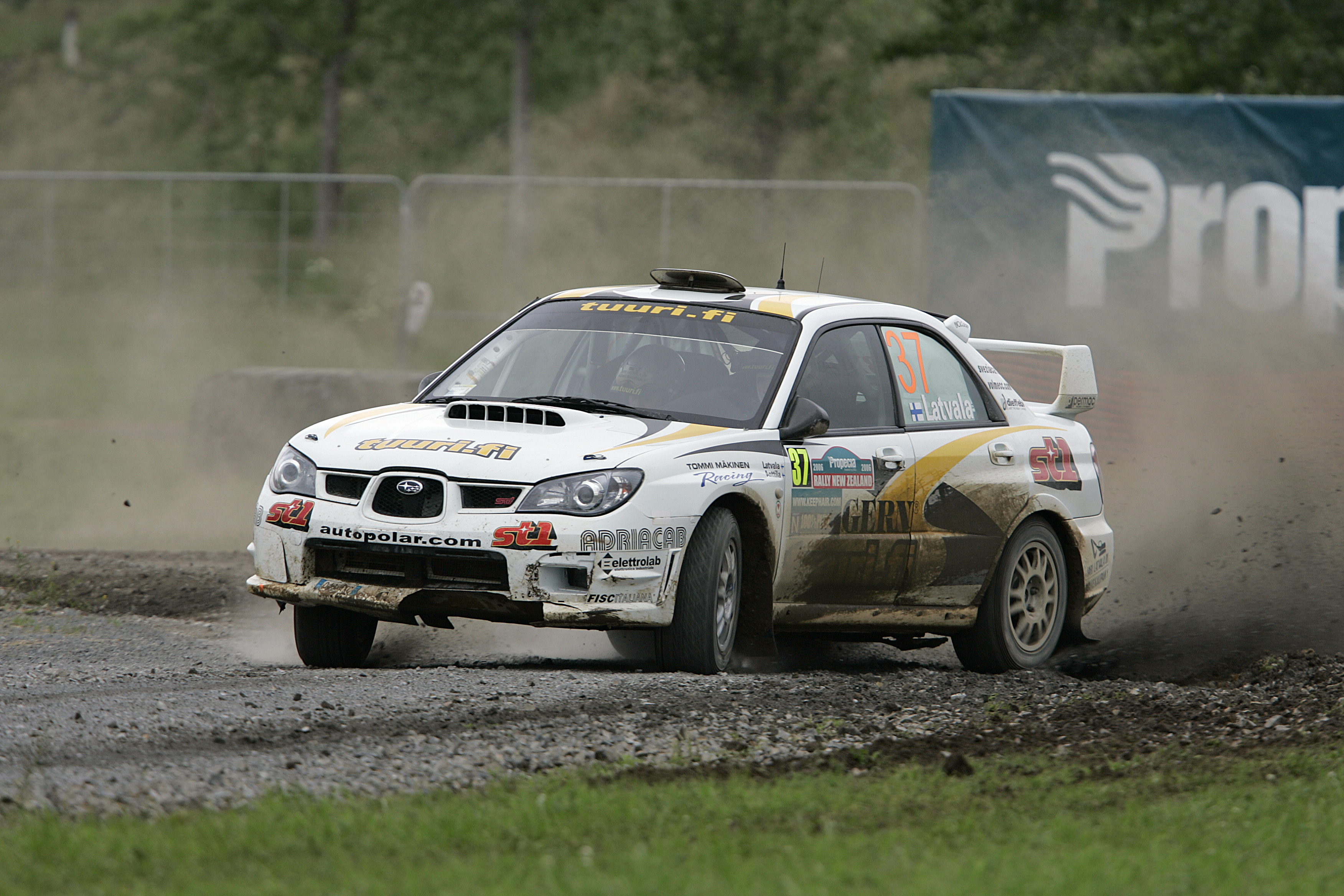
What makes rallying unique is it’s not just on the special stages where you can gain or lose time. Transit sections require drivers to abide by the laws of the road, and plenty have been caught out either speeding or trying to drive a car that’s far from road legal.
But for Jari-Matti Latvala, it was the safety of service that proved his downfall in 2006.
Driving a Group N Subaru Impreza in the PWRC, Latvala was just 2.8s ahead of rival Mirco Baldacci after 10 stages. Only the Mystery Creek superspecial remained on Saturday, but Latvala was in trouble. He’d been caught speeding in service and was handed a one-minute time penalty by the event stewards.
Latvala still managed to rescue the situation and win the rally though. Baldacci’s Mitsubishi dropped five minutes three stages from home, and Latvala was then clear to take his second PWRC victory in a row, and eighth place overall.
Seat (and Gardemeister’s) first WRC podium
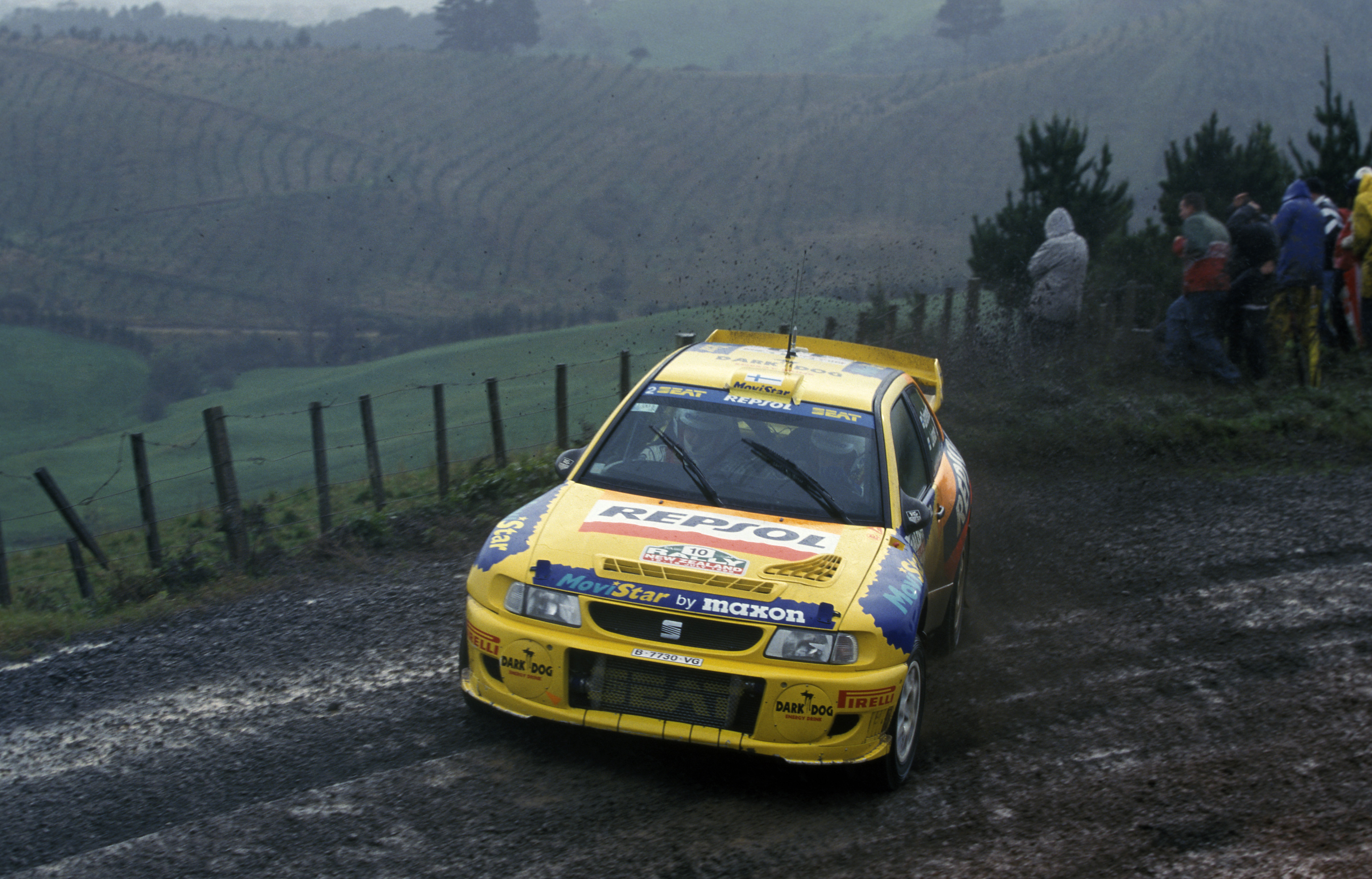
After strong success in the Formula 2 class with its Ibiza Kit Car, Seat was one of several manufacturers to be enticed by the World Rally Car ruleset in the late ’90s, commissioning the build of a Cordoba WRC. But it’s fair to say that same success from the support class didn’t quite translate into the top division.
That doesn’t mean to say Seat didn’t have its moments though, and it was a graduate from its F2 program that delivered Seat’s first big WRC result: Toni Gardemeister.
New Zealand 1999 was Gardemeister’s first in a World Rally Car in the WRC, on what was the last event for the original Cordoba WRC before the Evo2 version came along for Finland.
It was a rally of attrition as world champions Colin McRae, Carlos Sainz, Richard Burns and Didier Auriol all ran into trouble. Tommi Mäkinen was clear out front with Juha Kankkunen an equally safe second, and then there was Gardemeister.
Staying out of trouble, Gardemeister sensationally podiumed the Evo2 on its WRC debut, despite a Cordoba never finishing higher than sixth before New Zealand. Seat would only take two more WRC podiums: Rovanperä on Rally GB later that year and Auriol on the Safari Rally in 2000.





